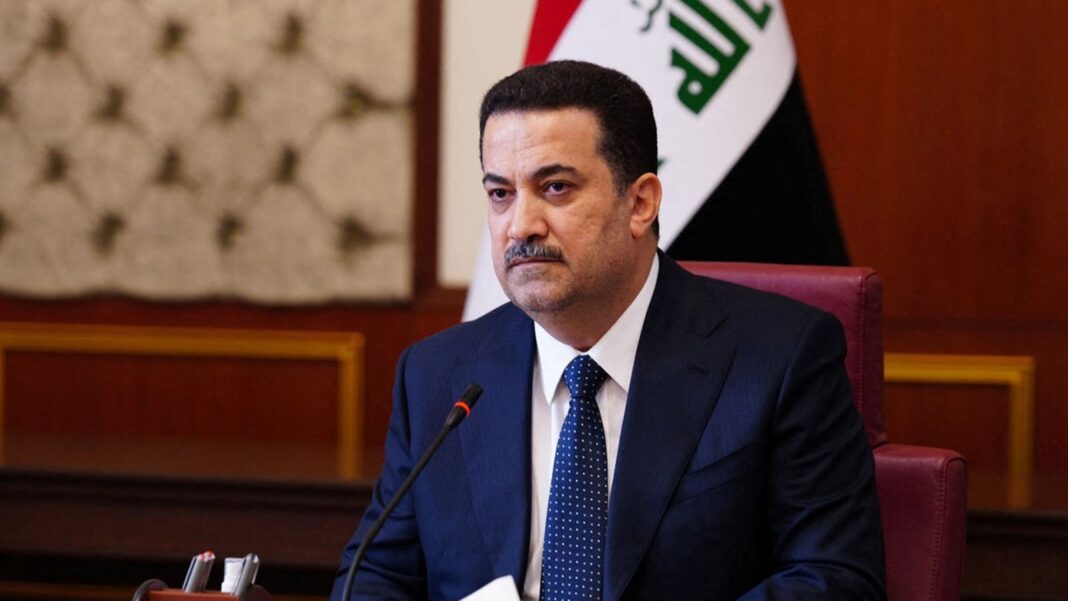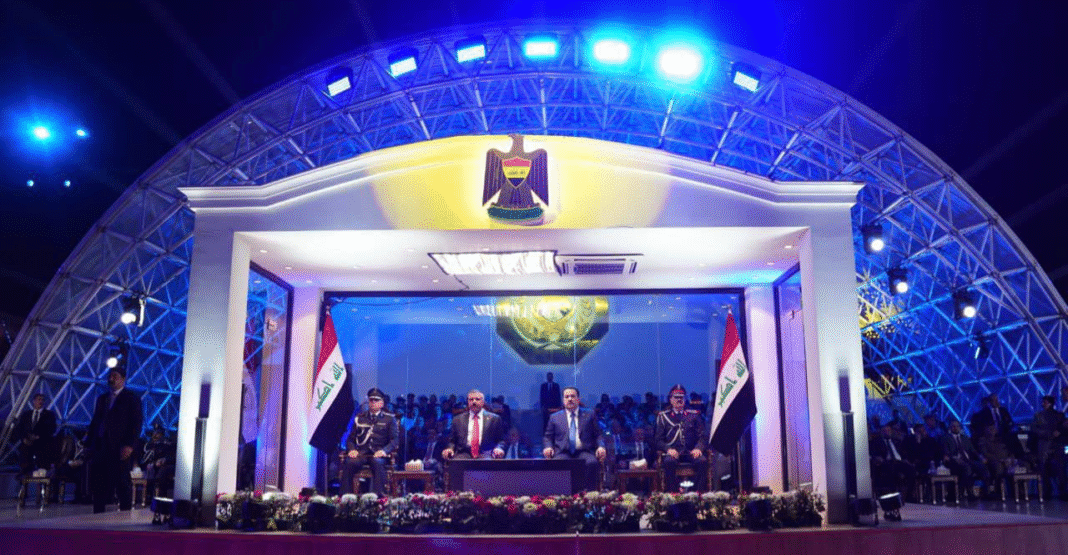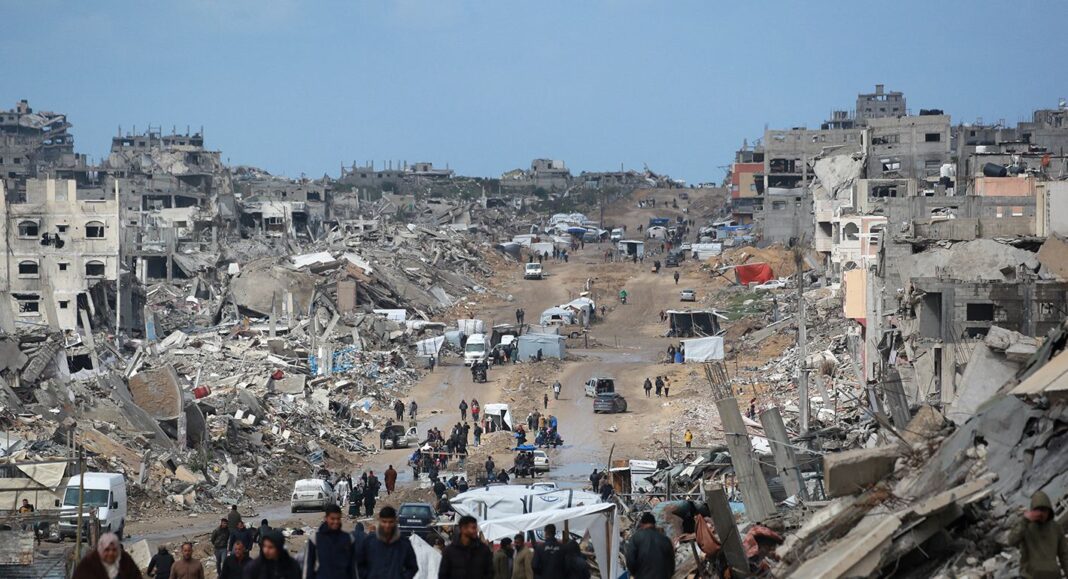Prime Minister Mohammed Shia al-Sudani has called for forming an Islamic alliance to counter rising regional threats. He made the statement after an Israeli airstrike hit Doha, the capital of Qatar, on Saturday.
The strike reportedly targeted political leaders of Hamas. Five people died in the attack, including the son of Khalil al-Hayya, his chief of staff, and three aides. According to Hamas, the assassination attempt ultimately failed.
The United Nations Security Council condemned the Israeli strike. The attack took place while Qatar hosted indirect negotiations between Israel and Hamas, seeking an end to the war in Gaza.
In response, al-Sudani urged Islamic nations to consider a united front. He proposed a political, security, and economic Islamic alliance to protect regional stability. He stated that the attack on Qatar violated international law and endangered the broader Gulf region.
While speaking, al-Sudani stressed that Islamic nations have options. He mentioned that nothing prevents them from creating a joint security force. He warned that the aggression might not stop with Qatar unless countries take collective action.
Furthermore, al-Sudani labeled the strike as a dangerous escalation. He emphasized that regional security cannot be guaranteed without cooperation among Islamic nations. He said, “We have many cards we can use to confront this aggression.”
The Iraqi leader also confirmed his participation in the upcoming Arab-Islamic summit. The event will be held in Doha from September 14 to 15. According to a government source, other Arab leaders, including Syria’s transitional president Ahmad al-Sharaa, will attend as well.
Al-Sudani’s remarks come amid growing fears of wider conflict in the Middle East. His push for an Islamic alliancesignals a shift toward stronger regional partnerships. Many analysts believe a united response could reshape future security policies.
In conclusion, Iraq’s leader continues to champion stronger regional coordination. His proposal for an Islamic alliance reflects growing concern over regional sovereignty and collective security in the Islamic world.



